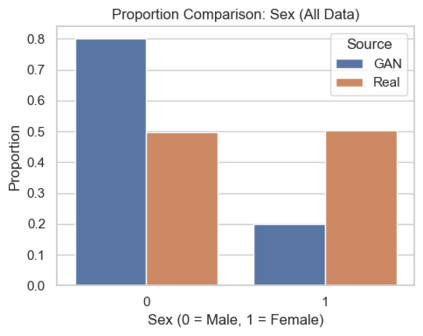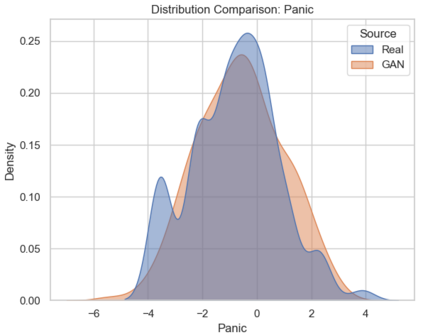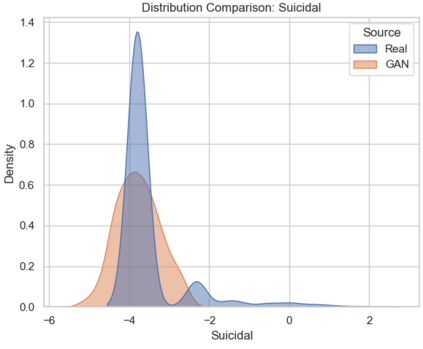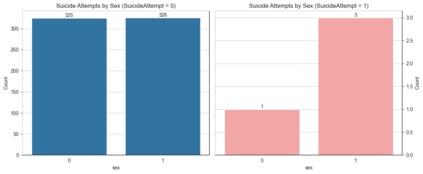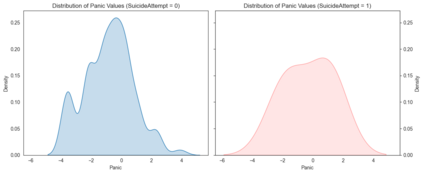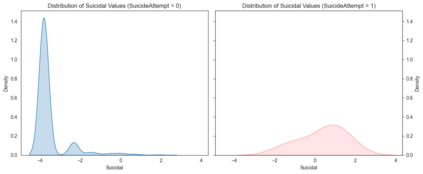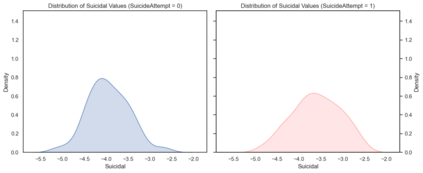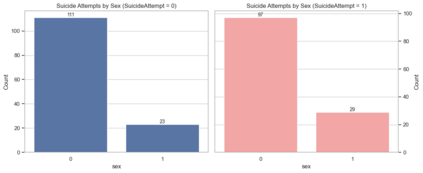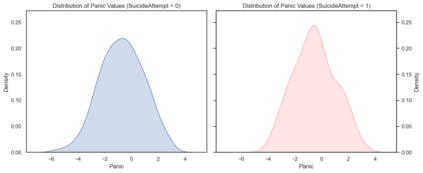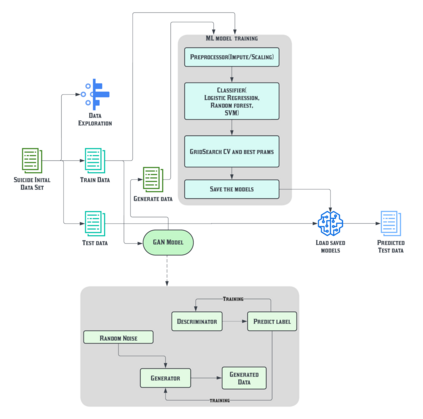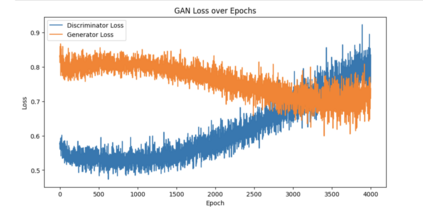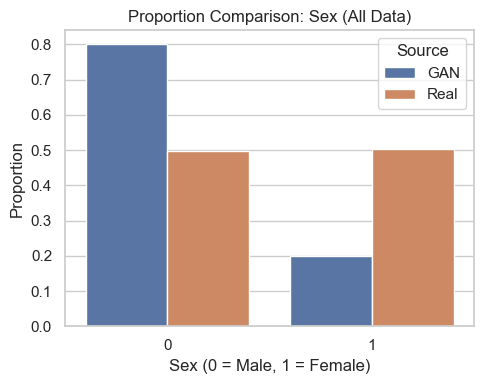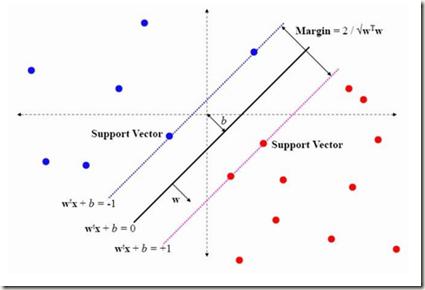Suicide prediction is the key for prevention, but real data with sufficient positive samples is rare and causes extreme class imbalance. We utilized machine learning (ML) to build the model and deep learning (DL) techniques, like Generative Adversarial Networks (GAN), to generate synthetic data samples to enhance the dataset. The initial dataset contained 656 samples, with only four positive cases, prompting the need for data augmentation. A variety of machine learning models, ranging from interpretable data models to black box algorithmic models, were used. On real test data, Logistic Regression (LR) achieved a weighted precision of 0.99, a weighted recall of 0.85, and a weighted F1 score of 0.91; Random Forest (RF) showed 0.98, 0.99, and 0.99, respectively; and Support Vector Machine (SVM) achieved 0.99, 0.76, and 0.86. LR and SVM correctly identified one suicide attempt case (sensitivity:1.0) and misclassified LR(20) and SVM (31) non-attempts as attempts (specificity: 0.85 & 0.76, respectively). RF identified 0 suicide attempt cases (sensitivity: 0.0) with 0 false positives (specificity: 1.0). These results highlight the models' effectiveness, with GAN playing a key role in generating synthetic data to support suicide prevention modeling efforts.
翻译:暂无翻译

